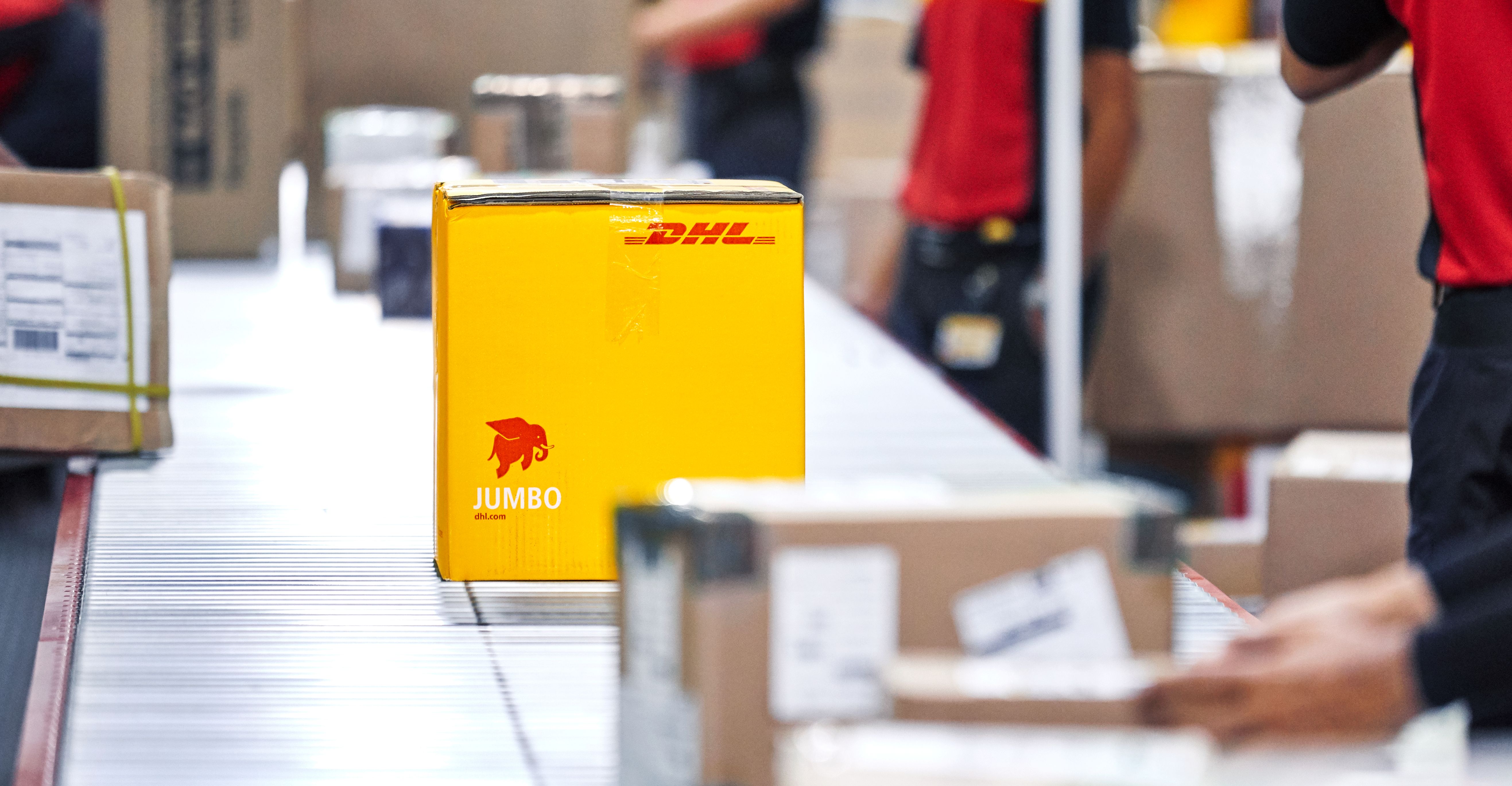When it comes to shipping internationally, the payment of duties holds significant importance in ensuring a smooth delivery process. However, navigating this domain can be tricky especially with multiple logistics acronyms to pay attention to, which is collectively known as incoterm. If “DDU” and “DDP” ring a bell but you can’t seem to put a definition on them, this article will have you sorted.
What are incoterms?
Issued by the International Chamber of Commerce (ICC), International Commercial Terms or Incoterms refer to the 11 internationally recognised rules that define the responsibilities between buyers and sellers trading globally. Incoterms help to clarify what both buyers and sellers are required to do, alongside the costs and risks they have to bear. Some of the common incoterms used for air freight include Ex Works (EXW), Carriage Paid To (CPT) and Carriage and Insurance Paid (CIP). Their definitions are as follows:
Ex Works (EXW): All logistics are handled by the buyer. The seller only needs to ensure that the buyer successfully collects the parcel from their premises.
Carriage Paid To (CPT): The seller is responsible for delivering the items and covering all shipping costs to the final destination. After that, the buyer is responsible for everything.
Carriage and Insurance Paid (CIP): This is the same as CPT, but the main difference is that CIP requires the seller to purchase insurance with minimal coverage.
Aside from the above, two other commonly used incoterms include Delivered At Place (DAP), also known as Delivery Duty Unpaid (DDU), and Delivered Duty Paid (DDP). We dive into each of these below:
What is DDP?
DDP is a shipping agreement in which the seller holds the most responsibility. Besides bearing the transport costs of DDP couriers and insurance they will also have to pay taxes, customs clearance fees, and import duty. DDP benefits the buyer as there are fewer liabilities and shipping costs. The term is also commonly referred to as Duties and Taxes Paid (DTP).
What is DDU?
DDU in shipping signifies that both the parties will have to make some payments from their end.
The seller pays for packaging, insurance and the transportation cost for shipping the parcel to the buyer’s country. The buyer then bears the necessary costs at customs, which includes:
Import licences for buying goods from international markets
Duty, taxes and inspection costs
Custom clearance charges
Local transportation from customs to buyer’s address
Unloading and loading costs
Documentation charges
| Duties | DDP | DDU |
| VAT | Seller | Buyer |
| Import duty | Seller | Buyer |
| Import clearance documentation | Seller | Buyer |
| Shipping Insurance | Seller | Buyer (once goods arrive at destination country) |
| Transportation | Seller | Buyer (once goods arrive at destination country) |
| Lost/damaged goods | Seller | Buyer (once goods arrive at destination country) |
DDU vs DDP – which incoterm should e-commerce businesses use?
While the DDU is a more affordable option for businesses and provides the informed buyer greater control over the shipping process, the DDP shipping method is more commonly used by e-commerce businesses for these reasons:
Higher de minimis value: For countries with higher de minimis values, such as the United States, the seller – in this case, the business owner – need not pay import duties, which makes the customs costs more affordable.
Ensure safe and fast shipping: Since the seller takes on all the shipping risks, they would want to avoid any case of lost, damaged or delayed goods. This means selecting the safest and fastest shipping routes to send the products to their customers.
Reduce customer costs: With DDP, the customers won’t be surprised with additional costs to incur when the goods arrive at their doorstep. Otherwise, the customer may choose to shop elsewhere with all costs made transparent at the point of purchase.
Protect customer: By bearing most of the responsibilities, the seller assures the customer that they have made a purchase with a trusted brand and that they will not have to worry about being scammed.
Tips for e-commerce businesses when using DDU and DDP
DDP can be more costly for businesses, understandably. On the other hand, using DDU can impact customer retention rates. To navigate the complexities when using either, paying attention to these tips would be worthwhile:
Customs Policies: Pay attention to any change in customs policies that may entail additional costs. If shifting the responsibility to the buyer does not significantly impact your relationship with them, choosing the DDU shipping method would be worthwhile. Otherwise, you will need to consider these additional costs when you select DDP.
De minimis rates: As noted above, higher tax charges will apply if the declared price of the package exceeds that particular country’s de minimis value. This value is vital for e-commerce businesses because it determines how much a seller can ship duty-free and how much those parcels will cost. It may also impact the amount buyers need to pay when their packages arrive at customs.
Always aim for transparency: One way businesses can manage the costs of DDP shipping is to include part of it into the product price. It is good practice to make it known to the customers that the product prices reflect partial customs fees, so they understand why your prices are set as such. However, if you have only started out your business and do not have the budget to adopt the DDP, you can choose DDU but you are advised to make all costs transparent to your customer upon checkout. Gaining your customer’s acknowledgement of the extra costs before proceeding with their orders is crucial. Although they have to pay extra, some customers do not mind paying more as it reassures them that they are dealing with an honest seller.
Understanding the different types of incoterms will help smoothen customs clearance, and resultantly, your customer’s experience when they shop with you.

















































